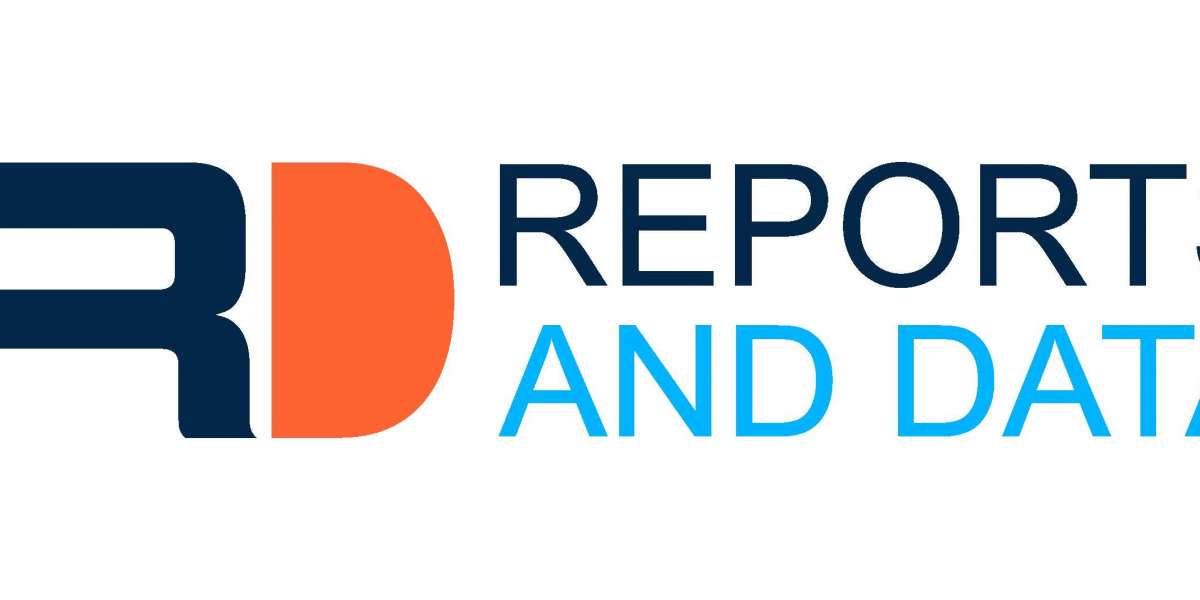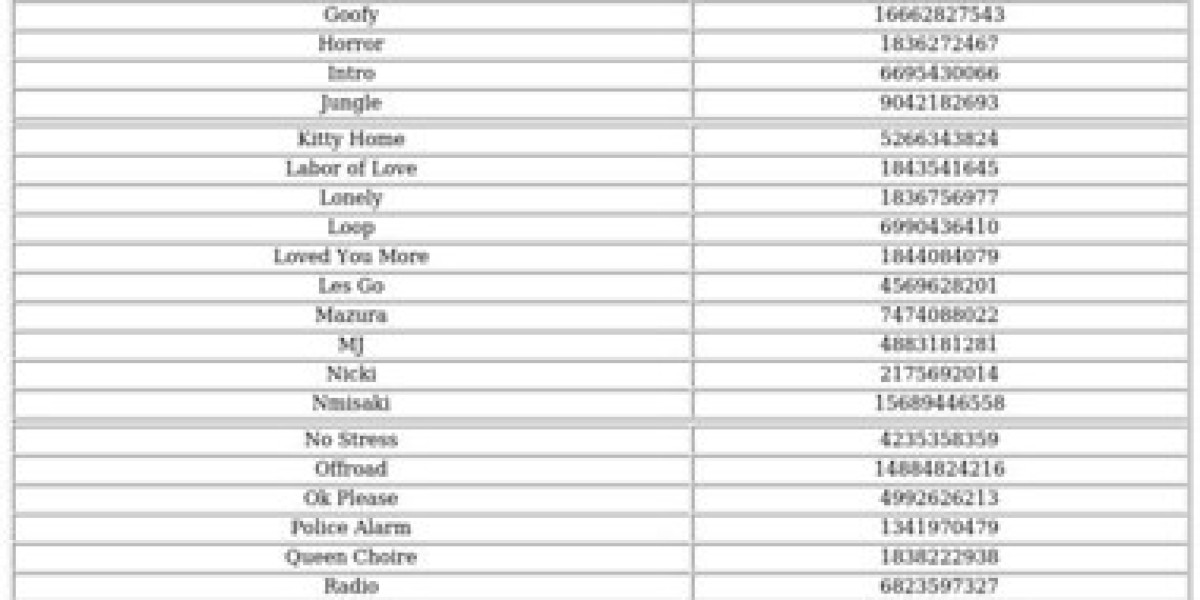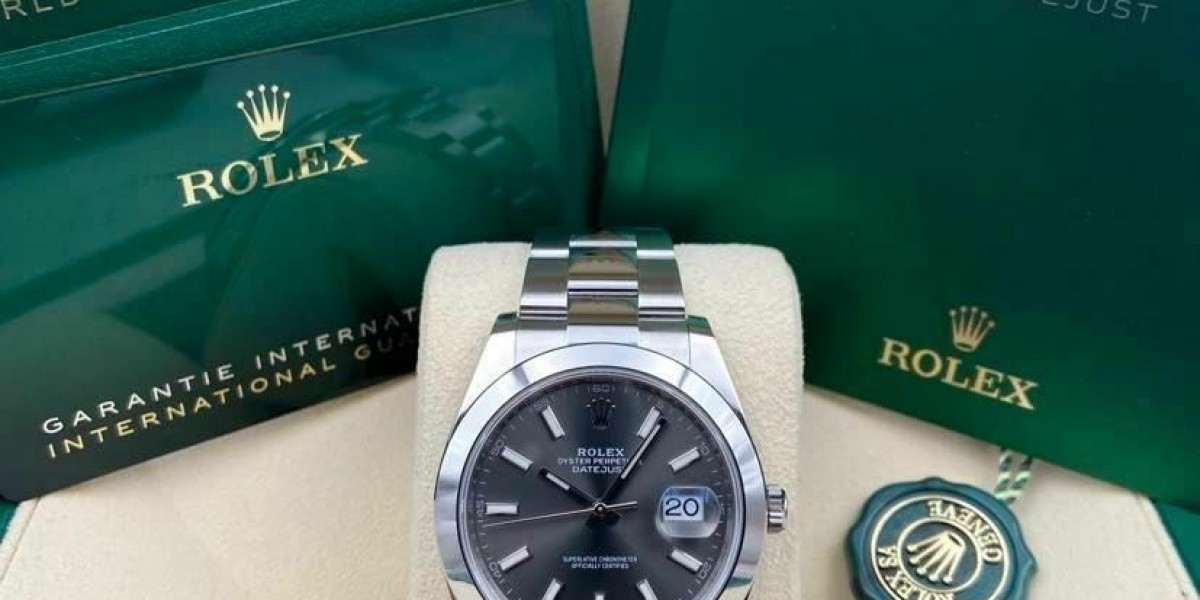The Mexican financial turmoil and the Southeast Asian currency crisis were mainly caused by Soros alone. Originally, from a theoretical point of view, the moderate arbitrage and arbitrage activities of international hot money will help to activate the financial market and improve the balance of payments of the host country. Flies don't bite seamless eggs. Whether in Mexico or Southeast Asia, domestic economic problems are the hotbed for Soros to make waves. It is undoubtedly putting the cart before the horse to accuse Soros of being the culprit of the devaluation of his currency and calling him a "shameless speculator". For many developing countries, including China, how to prevent Soros from fleeing without preventing the normal inflow of short-term capital is a subject that needs to be explored in depth. Appendix I Business Week: Warn Southeast Asia! Having forced an 18% devaluation of the Thai baht on July 2nd, currency speculators have targeted neighbouring countries whose exchange rates are pegged to the dollar. The currencies of the Philippines, Malaysia and Indonesia have fallen one after another and may depreciate further. The Singapore dollar could be next, especially since the country's economy has yet to recover from last year's recession. Singapore's stock market has fallen 16% this year. "Everyone is at risk," warns John Seale, an economist at Beston Asia in Hong Kong. Asia's meltdown is the latest episode in a wave of competitive devaluations that has rocked global currency markets for five years. The situation in Southeast Asia is more serious than in other regions. The region does have one big advantage: some of the highest rates of economic growth, savings and investment in the world. But, like Latinos, Asians used to be big spenders. Now, like Europeans,heavy duty warehouse rack, Mexicans and even the Japanese, Asians are paying the price. Asians have also been forced to "be realistic about what must be done to maintain the long-term health of the economy," said Aurora, Asia economist at dir/McGraw-Hill. Central banks in these countries can regain credibility only by restoring their control over monetary policy. Governments will have to reform everything from capital markets to industrial planning in order to avoid further currency devaluations that spill over to their neighbours. For now, however, the clear response is to rely on a devalued currency for export growth. Asia's currency woes are testing the foundations of an export-led economic model that has enjoyed years of spectacular growth. But after more than a decade of heavy exports of semiconductors and other goods,long span shelving, policymakers and currency markets have been blinded by the flaws in the system that Southeast Asians use to drive economic growth. These include failing banks, an overheated property market, a widening trade deficit, too many factories and fierce competition from China. In effect, Chinese manufacturers, with the help of their artificially cheap currency, are squeezing out Southeast Asian producers of clothing, electronics and "telecom" equipment. Meanwhile, in heavy industries such as steel and petrochemicals, the tigers are having trouble competing with South Korea and the former Soviet Union. All over Southeast Asia, economic recovery will be held back by the weakness of the banking system. Unless policy makers quickly devise ways to securitize bad bank loans and get rid of them, Drive in racking system ,Pallet rack supplier, some Governments may end up having to devote scarce financial resources to emergency financial assistance. Banks will be less able to lend to new businesses that create jobs and economic growth. The crisis has also forced governments to be realistic about economic growth. They will have to develop financial markets so that banks can securitise property loans and allow companies to diversify their foreign exchange reserves. More important, says dir/maxi's Aurora, leaders must "find new ways to energize their economies, given that labor and capital are no longer as cheap as they once were.". Gan Peng, executive director of Kuala Lumpur International Merchants Bank, said: "a fall into the pit, a gain in your wit. In the future, we should live within our means.". Or the financial markets will force you to do so. After this month's ups and downs, this is a lesson that Southeast Asians will not forget. (Business Week, July 28, 1997) Section 3 How to Face Soros — — Experts' Words The Mexican financial crisis in 1994 is still fresh in people's memory, and the Southeast Asian financial turmoil has once again reminded emerging countries of the "tequila effect"-they should not be intoxicated with the joy of the influx of "hot money", but should think about the potential crisis of its possible flight. When reflecting on the two financial turmoil, Chinese experts generally mentioned that financial openness is the trend of the times, but the pace of opening up should be gradual. After the realization of current account convertibility of RMB, we must be alert to the possibility that international short-term capital forces, such as Soros, may enter China for arbitrage activities under the current account. First of all, it should be recognized that financial openness is a necessary condition for a country to integrate with the world economy and participate in global economic integration. Precisely for this reason, in the process of seeking to join the WTO, China complied with the needs of its own reform and opening up, and changed the system of fixed exchange rate and strict control that had lasted for several years. After guiding the RMB well and introducing more market factors, China honored its commitments to the international community four years ahead of schedule and realized the convertibility of the current account of the RMB. The trial of opening RMB business to foreign banks has also been launched in Pudong, Shanghai. At present, China still has strict control over capital account, and there are certain restrictions on foreign banks operating RMB business. The establishment of a unified, open, competitive and orderly market system is not an overnight success, so many experts believe that it is too early to realize the convertibility of RMB capital account. Since the second half of 1993, the Chinese government has started macroeconomic regulation and control, comprehensively using economic, administrative and legal means, focusing on curbing inflation and preventing economic fluctuations, and finally achieved a "soft landing" that has made the world sit up and take notice. In the first half of 1997, China's economic growth rate was maintained at 9. The price increase was only 1.5%. Foreign trade exports increased by 26%, and foreign exchange reserves exceeded 120 billion US dollars. Tao Liming,Narrow aisle rack, director of the International Finance Research Institute of the Bank of China, believes that the fundamental reason why China has not been hit by Hurricane Soros this time is that China has not liberalized the control of capital account, and Soros can not directly and arbitrarily impact China's financial market. omracking.com
Search
Popular Posts
-
 С легкостью заказываем документы в онлайн магазине Russian Diplom
С легкостью заказываем документы в онлайн магазине Russian Diplom
-
 Что необходимо из оборудования для изготовления документов?
Что необходимо из оборудования для изготовления документов?
-
 Советы эксперта, что позволят легко приобрести диплом
Советы эксперта, что позволят легко приобрести диплом
-
 Stair Lifts and Climbing Devices Market Size, Key Market Players, SWOT, Revenue Growth Analysis, 2023–2032
By Adams mark
Stair Lifts and Climbing Devices Market Size, Key Market Players, SWOT, Revenue Growth Analysis, 2023–2032
By Adams mark -
 Быстрое Оформление Дипломов: Надежно и Легально
Быстрое Оформление Дипломов: Надежно и Легально


